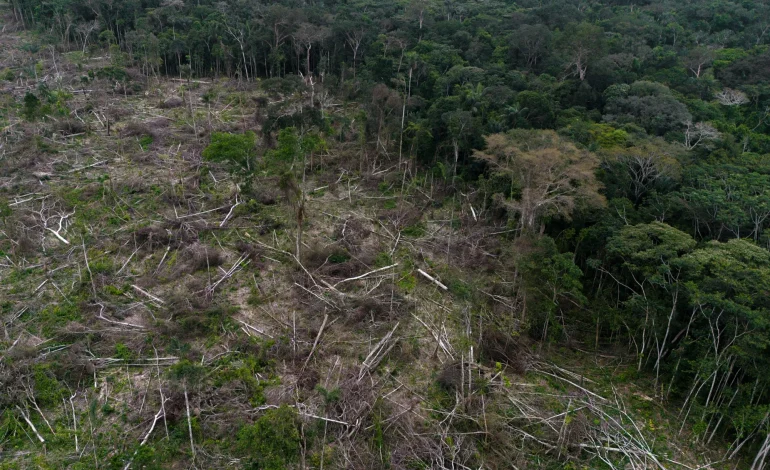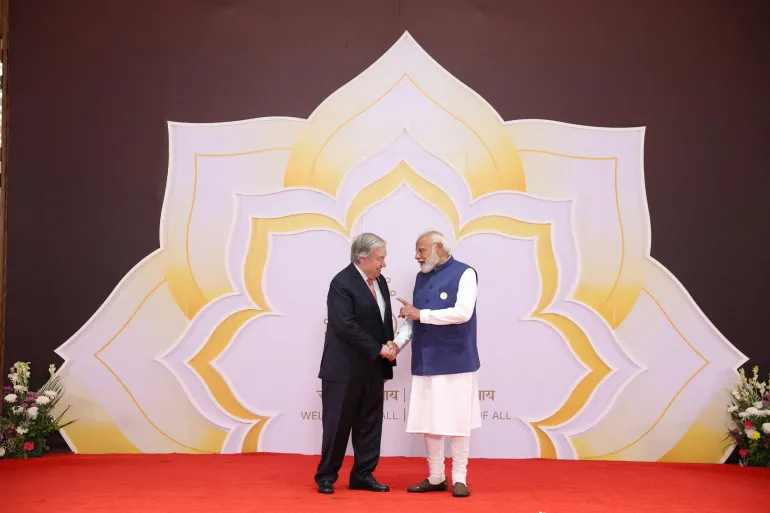Biodiversity Talks Resume in Italy After Disagreements Over Funding

Following a collapse in November, global biodiversity talks are set to resume in Italy’s Rome on Tuesday, with delegates from some 150 nations seeking to resolve disagreements and agree on strategies to achieve 2030 targets for halting biodiversity loss, Bloomberg reports.
The 16th United Nations Biodiversity Conference, COP16, held in Cali, Colombia, ended prematurely due to disagreements over the creation of a new global nature fund. Negotiators now face the task of establishing mechanisms for collecting and distributing funds necessary to implement the Kunming-Montreal Global Biodiversity Framework, a nature agreement adopted in December 2022.
With government budgets facing constraints, the private sector has been identified as a potential source of funding to address the estimated $200 billion annual shortfall in nature conservation financing. However, financial institutions have emphasized the need for clear government guidance and profitable investment opportunities before committing to address biodiversity loss. The Institute of International Finance, a global industry body, stated in January that the premise of private institutions directly influencing positive economic outcomes for nature remains “unproven.”
The Kunming-Montreal pact, endorsed by nearly 200 countries, aims to reverse the decline in biodiversity by the end of the decade and mobilize substantial financial resources. According to WWF, wildlife populations have declined by almost three-quarters since 1970.
COP16 achieved some progress, including agreements to explore a new financing mechanism involving contributions from companies utilizing genetic data from natural resources. Agreements were also reached on a global action plan for biodiversity and health, and on ensuring the inclusion of Indigenous peoples and local communities in the Convention on Biological Diversity.
However, discussions stalled over how to raise and allocate funds to support countries in protecting nature. Developing nations advocated for a new fund managed by all 196 parties to the Convention on Biological Diversity, viewing the existing Global Environment Facility’s Global Biodiversity Framework Fund as dominated by wealthier nations. Developed countries resisted the creation of a new fund, arguing it would fragment existing financial resources.
Negotiators at the resumed talks, known as COP16.2, have three days to develop a new strategy for mobilizing funds and establishing a system for monitoring progress toward biodiversity targets.
The United States, while not a party to the convention, will not directly participate in the negotiations.
The Rome gathering is expected to be smaller than the Cali event, with around 1,800 registered participants. Unlike previous COPs, COP16.2 will focus solely on formal proceedings, with no public side events.
Financial institutions and investors are planning to attend informal side events, including one organized by the UN Environment Program on developing national biodiversity plans for investment.









The latest news in your social feeds
Subscribe to our social media platforms to stay tuned